Best Books of the Year 2008
Judith Armstrong
I want to recommend one book only: The Ferocious Summer: Palmer’s Penguins and the Warming of Australia (Allen & Unwin), by Meredith Hooper, an Australian woman living in Cambridge. This is a lovely book, beautifully written, with deep concern for both science and story. It is a study of the effects of rising temperatures on the small Adélie penguins at Palmer Station on Anvers Island in the Antarctic. How, against all odds, did The Ferocious Summer so entrance me? It is not just the arresting message it carries – that climate change is something specific and local, delivering ‘sudden blows or glancing whacks’, rather than throwing a warm blanket over the earth. Its sad effects on baby penguins (low birthweight, failed eggs) is the central evidence in this unfolding reality, but so is that of the colony of volunteer scientists and support people, who brave blizzards to make their observations, and live in accommodation so limited that personal space is almost non-existent. Hooper’s ability to convey in sensitive and singular language the intimate interaction between nature and humans, birds and researchers, the sea, the ice and the land, is deeply moving. The book was entered in a state literary competition; the five-person panel, of which I was the convenor, was unanimous in awarding it first prize. But, because the author is unknown here, the news sank like a stone. This is my attempt to publicise a superb piece of writing.
Judith Beveridge
There have been some impressively strong first collections of poetry published in 2008, but I am singling out Carol Jenkins’s Fishing in the Devonian (Puncher & Wattmann) for its brilliant use of scientific themes and for its imaginative and linguistic panache. This book is both a joy and a revelation, as is Sarah Holland-Batt’s first collection Aria (UQP), which is so accomplished you might think she had several publications already. David Brooks’s fourth collection The Balcony (UQP) is astonishing for its rich, gratifying clarity and masterful sensuality. I also loved Martin Harrison’s Wild Bees: New and Selected Poems (UWA Press) which speaks eloquently and wisely on so many levels, a real tour de force. Robert Adamson’s The Golden Bird: New and Selected Poems (Black Inc.) is arranged by way of theme rather than chronology, a splendid testimony to Adamson’s consistent, miraculous work. A must-have for anyone.
Geoffrey Blainey
Three specialist books – off the main highways – deserve credit. Philip Payton’s Making Moonta: The Invention of Australia’s Little Cornwall (University of Exeter Press) is the story of a South Australian copper town that was celebrated for its Cornishness. The Navy and the Nation: The Influence of the Navy on Modern Australia (Allen & Unwin) is a collection of original essays on how the navy shaped Australia’s history, especially in peacetime. Edited by David Stevens and John Reeve, it ranges from scurvy and ship-building to the potential peril arising in New Caledonia after France’s collapse in 1940. Countless family histories are now published each year. One of the most engaging is the Road to Bulong: A History of the Jones Family of Hampton Hill (Hesperian Press), the story of how the Joneses managed to survive the ups and downs in the pastoral and gold country beyond Kalgoorlie – home of the Wonji people.
Neal Blewett
2008 has been a year of catching up. All my books are paperbacks, which may help with seaside reading. Although self-serving and self-censored, Alistair Campbell’s diaries, The Blair Years (Arrow), provide a mesmerising, intimate account of Tony Blair’s first nine years as Britain’s Labour leader and prime minister. In Colonial Ambition: The Foundation of Australian Democracy (MUP), an account of the struggle for the intertwined but distinct ambitions for responsible government and democracy in New South Wales, Peter Cochrane proves that colonial political history need not be dull. He makes the duel between William Wentworth and his liberal and radical opponents as exciting as that between Gladstone and Disraeli in Great Britain a decade later. Hitler’s biographer, Ian Kershaw, in Fateful Choices: Ten Decisions That Changed the World (Penguin), takes ten critical decisions made by the Allied and the Axis powers over eighteen months in 1940–41, and examines the forces and personalities involved in their resolution. Although the decisions themselves are familiar, Kershaw’s comparative approach and his mastery of the sources makes for an original and refreshing take on a set of decisions that shaped the history of the second half of the twentieth century.
James Bradley
The two books that impressed me most this year were both by at least nominally Irish writers. The first was Joseph O’Neill’s Netherland (Fourth Estate), a book which, several not insignificant caveats aside, seemed as elegant and profound a meditation on the post-national world as one might hope to find. The second was Anne Enright’s unnervingly intelligent collection of stories, Taking Pictures (Jonathan Cape). As raw and thrilling as writing can be, they move from the elegiac to the blackly witty to the genuinely chilling with almost alarming facility. From the opposite side of the Atlantic, I was enthralled by Denis Johnson’s Vietnam epic Tree of Smoke (Picador), a book which, for all its flaws, stands with DeLillo’s Underworld, both for the scale of its ambition and the visionary intensity of its language. And last, but certainly not least, Tim Winton’s beautifully compressed Breath (Hamish Hamilton), a book which confirms Winton’s status as one of the best writers working anywhere in the world.
Ian Britain
Not all academic writing, as so many publishers seem to assume these days, is necessarily bad – nor unmarketable. If you want to find a specimen of it at its gleaming, digestible best, try the appropriately named Alison Light, author of Forever England: Femininity, Literature and Conservatism Between the Wars (1991). If you keep it by your bedside, her recent foray into social history, Mrs Woolf and the Servants: The Hidden Heart of Domestic Service (Fig Tree), will prevent you from getting to sleep. This view of Bloomsbury from below as well as above stairs lends that rarefied world a dramatic depth and perspective that even the best of its previous chroniclers have scarcely afforded us. It is heartening to see that Penguin has appreciated the book’s commercial potential with a handsome paperback edition. Picador has had the wisdom to splurge lavishly on the design for Robert Dessaix’s inspired ruminations on or about André Gide, Arabesques: A Tale of Double Lives. This book’s partial origins in its author’s academic training in European literature are well (and properly) hidden, but they provide the solid grounding for its soaring scintillations.
Alison Broinowski
Few Australian writers are bold enough to question America’s assumption that it can dominate the world while defying its rules, but United States-resident, Indian-born Parag Khanna is. Writing well before the present economic crisis, in The Second World: Empires and Influence in the New Global Order (Allen Lane), he authoritatively describes the gathering geopolitical mutiny, led by countries in Central Europe, East Asia, South America and the Middle East, against the United States. The reasons for it should be better understood in Australia. Richly deserving its many awards, The Lost Dog (Allen & Unwin) ranges further across what Michelle de Kretser calls ‘the empire of imagination’, replete with ‘wonders that existed beyond the rim of perception’. The individual realities of an Anglo-Indian-Australian man and a Chinese-Australian woman are only two among a rich array of inter-cultural possibilities. Nam Le defies prejudice against short story collections with outstanding success in The Boat (Hamish Hamilton). His global range embraces ‘lesbian vampires and Columbian assassins and Hiroshima orphans and New York painters with haemorrhoids’.
Glyn Davis
An Iliad (Vintage), by novelist Alessandro Baricco, affirms the spoken word as the heart of Homer’s poetry. Written for recital and stripped of the gods, Baricco’s Iliad constantly shifts voice between the players. In simple, elegant prose, Baricco mourns windy Troy. Gentle sadness also pervades Don Watson’s American Journeys (Knopf). Fascinated by poor and marginalised America, Watson travels the trains, glimpsing lives that should provoke anger but are instead given shape by American optimism and religious conviction. Yet America has endured hard times before: Doris Kearns Goodwin’s Team of Rivals: The Political Genius of Abraham Lincoln (Simon & Schuster), a brilliant political biography finally given local release, traces how Lincoln held his government together through civil strife. Goodwin examines the women and men around the Lincoln cabinet, and the better angel who fought a war for a principle, but promised a peace with malice to none.
Ian Donaldson
I particularly admired this year Lisa Gorton’s Press Release in the enterprising Giramondo Poets series: an impressive first collection. Her spare, elegiac poems, including the remarkable ‘Solitaire’, originally published in the pages of ABR, and her Mallee Sequence, fantasies on a rural childhood, are unusually deft and inventive. Two new translations gave particular pleasure through the year: Aliki Barnstone’s The Collected Poems of C.P. Cavafy (W. W. Norton & Company) and Stratis Haviaris’s C.P. Cavafy: The Canon: The Original One Hundred and Fifty-Four Poems (Harvard University Press). Both these collections – the latter, with the original Greek on facing pages – include poems (of passing assignations and low-life encounters) I hadn’t met before, and brought the old favourites freshly alive. The big book of the year, however, was undoubtedly The Age of Wonder: How the Romantic Generation Discovered the Beauty and Terror of Science (HarperCollins), by that master of biographical narrative, Richard Holmes.
Delia Falconer
My best reading moment this year was my shamefully late discovery of Henry Handel Richardson’s astonishing Fortunes of Richard Mahony in the new Penguin classics edition. Richardson’s stunning character study should rate as not just one of the great Australian books but one of the best of the twentieth century. Another reading highlight was Joseph O’Neill’s Netherland, inexplicably omitted from the Booker Prize shortlist: while I found the dynamics of the marriage unconvincing, I was thrilled by O’Neill’s portrait of Chuck Ramkissoon, the suggestive layerings of his story, and his Banvillean prose. I was also hugely impressed and moved by Chloe Hooper’s The Tall Man: Death and Life on Palm Island (Hamish Hamilton), with its won-derful combination of intelligence, feeling and impeccable research. Other pleasures: Christopher Benfey’s A Summer of Hummingbirds (Penguin Press) a sinuous and insightful study of Emily Dickinson and her circle; and Robert Gray’s beautifully measured The Land I Came through Last (Giramondo).
Morag Fraser
It is odd, and oddly salutary, to have the fifties of one’s childhood revived with astringent affection instead of condescension or picket-fenced nostalgia. Yes, there was enviable and unfettered time and space then. Yes, a child could be lonely without benefit of counsellor. And yes, there was angst and international conflict enough to provide the distant thunder every child registers without the ambivalent balm of understanding. John Jenkins’s sustained poetic narrative Growing up with Mr Menzies (John Leonard Press) manages a double perspective: a transparent and guileless child’s view of an Australian world occasionally interrupted by the detached assessment of an era, given through the tone and actions of Robert Gordon Menzies.
It is the extraordinary, open-eyed detailing of childhood that makes this work so memorable. It takes a canny – and ambitious – novelist to produce a fictional epic about friendship and equality across race in America at the tumultuous time of the 1919 Boston police strike, and make it echo as an allegory for the era of Barack Obama. But Dennis Lehane has a knack of stretching genres and his reader’s expectations. In The Given Day (William Morrow) we have grand (as they’d say in Irish Boston) storytelling, teeming with characters (including Babe Ruth as a rather too mechanical narrative pivot), political in the way of E.L. Doctorow, and prescient. It is not a perfect novel. Lehane is still better at orchestrating violence (his Boston police strike is bravura stuff) and the dark intimacies that violence generates than in portraying the twists and turns of the mundane heart. But he is always surprising, always promising more – and providing it. Richard Sennett is one of those rare writer–sociologists who wrestles gainfully with fundamentals we have almost forgotten how to name. In The Craftsman (Allen Lane), he articulates the anxieties we all feel about the worth of our work, and the meaning of the stuff with which we surround ourselves. He looks comprehensively at the way in which human beings over time have found dignity, beauty and fulfilment in the work of their hands and minds. He’s no Luddite, no sentimentalist, and he’s not proposing that we all go down to the basement and turn wood. But he does ask, with historical insight and ethical finesse, that we look again at what the world can gain when men and women cultivate the necessary patience and humility, and take the time to hone a craft, whether it be the making of a tone-perfect flute, or the practice of laser surgery.
Anna Goldsworthy
I was struck by Chloe Hooper’s essays in The Monthly on the death of Cameron Doomadgee, the subsequent inquest and the fall-out. In The Tall Man, Hooper tells this story in more breadth. It is a rigorous and unsettling book, and a work of luminous empathy. In The Rest is Noise: Listening to the Twentieth Century (Farrar, Straus & Giroux), Alex Ross, music critic of the New Yorker, valiantly takes on a century of music. Writing about music is rumoured to be impossible, but Ross has figured out how to do it. Reading his evocation of Wozzeck is almost as exciting as listening to it: a terrific book to introduce you to the repertoire, or send you back to it.
Fiona Gruber
One of the most intriguing books to have been reprinted recently is The Night Climbers of Cambridge (The Oleander Press). First published in 1937, it is an account of a clandestine group of students who set themselves the nocturnal task of climbing all the ancient university and town buildings and, with very primitive camera equipment, recording their exploits. An early example of ‘buildering’ (urban climbing), it is heartening to read of subversive aerial acts from long ago, as young men pitted themselves against drainpipes, tottering pinnacles and the police. One went on to climb Mount Everest. The author, ‘Whipplesnaith’, was actually Noel Howard Symington, and he features in many of the photographs. The launch of Full Dress Publishing earlier this year is a welcome addition for collectors and students of Australian plays. The first volumes feature two playwrights, Lally Katz, with The Black Swan of Trespass, The Eisteddfod and Smashed, and Ross Mueller’s Construction of the Human Heart.
Richard Holmes
Xinran’s China Witness: Voices from a Silent Generation (Chatto & Windus) is based on her extraordinary in-depth interviews with a dozen unlikely survivors of the Cultural Revolution (The Policeman, The Acrobat, The Lantern Maker, etc.). This brilliant work of oral history – a sort of Chinese Studs Terkel – gives a riveting glimpse of everyday life behind Mao’s Bamboo Curtain, and subtly reflects on the politics of memory and what may be yet to come. Jill Roe’s Stella Miles Franklin: A Biography (Fourth Estate) is a long-awaited and splendidly breezy blockbuster biography of the indefatigable, self-inventing and campaigning author of My Brilliant Career, who wowed Sydney and Melbourne, but also stirred up London, Chicago and the wartime Balkans, while spawning an astonishing array of other literary pseudonyms including M. Seednuts, Captain Bligh, Brent of Bin Bin and William Blake. Ann Moyal’s Koala: A Historical Biography (CSIRO Publishing) is a witty, miniature gem of a book by the distinguished first president of the Independent Scholars’ Association of Australia, who somehow gives us a compressed history of the entire country as seen from tree-top, leaf-nibbling level. Barry Pearce’s Sidney Nolan (Art Gallery of New South Wales) offers a superb collection of essays and stunning illustrations covering the whole of Nolan’s career, based on the 2007–08 retrospective exhibition at the Art Gallery of New South Wales.
Nicholas Jose
Last year may have been the bad one, but I read J.M. Coetzee’s Diary of a Bad Year (Text) in March this year, in a hotel room in Chengdu where the television news was blocked to prevent us seeing what was happening in nearby Tibet. This teasing probe of authorship and authority, superstructure and underbelly, provided a suitable distraction. I was pleased to discover John Watson’s Montale: A Biographical Anthology (Puncher & Wattmann), an odd, obsessive verse response to the great Italian poet. It is always interesting to see how well Montale adapts to translation and other kinds of homage. And I fell easily into the warm, satiny prose of Joseph O’Neill’s Netherland, a dark post-9/11 novel – the last for a while? – of innocence lost, double-dealing and, superbly, cricket among immigrants to the heart of New York.
Beverley Kingston
It was pleasing to see John Hirst’s Convict Society and Its Enemies (1983) and The Strange Birth of Colonial Demo-cracy (1988) reissued as Freedom on the Fatal Shore: Australia’s First Colony by Black Inc. earlier this year. Hirst’s argument about the nature of convict society and its impact on the development of democracy in New South Wales is too subtle for the reprobates who still thrive north of the Murray, but we need this view from the south.
James Ley
I have spent more than ten years recommending David Foster Wallace’s Infinite Jest (Abacus) to anyone who would listen. I reread it, for the unhappiest of reasons, in the wake of his death in September. It is, I assert (and not for the last time), a truly great book: brilliant, funny and sad. The Great Cham of Literature turns 300 next year and Peter Martin’s Samuel Johnson: A Biography (Weidenfeld & Nicolson) is an excellent contemporary life, the perfect complement to Boswell’s classic biography. I also enjoyed Stefan Collini’s Common Reading: Critics, Historians, Publics (OUP), a collection of witty and learned essays on some of the most notable critics and public intellectuals of the twentieth century, and an example of literary journalism at its very best. The fiction début of the year was Nam Le’s The Boat, a remarkable short story collection by a highly talented and versatile young writer.
Patrick McCaughey
Ann Galbally has followed up on her classic biography of Charles Conder with the charmingly written A Remarkable Friendship: Vincent van Gogh and John Peter Russell (Miegunyah), sympathetically blending illustrious and obscure lives, never making too great a claim for the relationship. Pity about the clunky design and unremarkable title. Sophie Cunningham’s Bird (Text) ranges far and wide, pursuing the double quest of a daughter for her lost mother and the mother’s egotistical search for spiritual peace. Comic and salutary by turn, this complex, refractory novel deserved a Man Booker nomination. Two books of poetry claim the last spot: Peter Steele’s new and selected White Knight with Beebox (John Leonard Press) and Chris Wallace-Crabbe’s Telling a Hawk from a Handsaw (Carcanet) show two old hands at their best and brightest.
Brian McFarlane
God of Speed (Allen & Unwin), Luke Davies’ ingenious evocation of Howard Hughes’s reflections on his career as billionaire, film-maker and bedroom warrior, confirms him as perhaps the most exciting of recent Australian novelists. His drugs-fuelled love story, Candy (1997), had established him as a potent and stylish risk-taker; God of Speed is even more of a tour de force. Hermione Lee’s biography, Edith Wharton (Chatto & Windus), is so immaculately researched and written that it is unlikely anyone will dare tackle the subject again for a long time. Terence Dooley’s collection of the letters of his mother-in-law, Penelope Fitzgerald, So I Have Thought of You: The Letters of Penelope Fitzgerald (Fourth Estate), not only offers an engaging picture of a whole woman but sends us back to those witty, poignant and minimalist novels such as The Bookshop (1978) and Offshore (1979). And Jeffrey Richards’s Hollywood’s Ancient Worlds (Continuum) persuasively locates political and more widely cultural significance in a century of epic cinema.
Peter Pierce
Back to his best form with The Spies of Warsaw (Weidenfeld & Nicolson), American Alan Furst is the finest writer of historical thrillers around. His terrain is Europe before and during World War II, revealed as treacherous, paranoid, violent, but not bereft of hope. While Furst is a solidly established niche taste, expatriate Australian David Francis’s thriller, Stray Dog Winter (Allen & Unwin), while only his second novel, is a bold bid for an international market. Set in Russia in 1984, a time of perilous political transition, and in an Australia where treachery also flourishes, if on a domestic scale, this is one of the best Australian novels of the year. Philip Mead’s Networked Language: Culture and History in Australian Poetry (Australian Scholarly Publishing) is the literary critical work of the decade. The ambitions of its subtitle are realised with incisiveness in detail, flair and command in traversing its grand subject.
Dorothy Porter
Andrew McMillan’s Strict Rules: The Blackfella Whitefella Tour, a timely, revelatory account of Midnight Oil’s tour of remote Aboriginal communities in Central and Northern Australia, was reprinted by Niblock Publishing, ten years after its original publication. It is an indelible read about a rock band on a mission, but also about where whitefellas, with the best intentions, can’t go, and what they can’t know. Peter Garrett emerges from the narrative as an austere man of enviable integrity and determination. Janet Frame published very little poetry in her lifetime. Four years after her death, Wilkins Farago has published a new and compelling collection of her poems, The Goose Bath. The book itself is beautiful to hold and to read. Even though many of the poems are profoundly private and unsettling, there is still the numinous sense of aliveness that illuminates all of Frame’s work.
Angus Trumble
This year I was moved by The Origins of Reasonable Doubt: Theological Roots of the Criminal Trial, by James Q. Whitman (Yale University Press), which shows that the modern standard of proof ‘beyond a reasonable doubt’ originally offered comfort and protection not to the accused, but to judges and juries terrified of being held eternally accountable for reaching the wrong verdict. Australians in Italy: Contemporary Lives and Impressions, edited by Bill Kent et al. (Monash University ePress), is wholly absorbing, especially Cynthia Troup’s ‘“Unevenly Buried”: A Personal Topography of Rome’, an essay of rare beauty. William H. Sherman’s Used Books: Marking Readers in Renaissance England (University of Pennsylvania Press) tells the remarkable story of the ‘manicule’, the disembodied hand with an immensely elongated index finger which, from the twelfth to the eighteenth century, with astonishing consistency, generations of thoughtful English readers used to mark important passages in their copies of books and manuscripts. Its direct descendant hovers eerily over your computer screen.
Geordie Williamson
Joseph O’Neill’s Netherland has copped a lot of flak since it arrived, earlier this year, bathed in the adulatory glow of James Wood’s New Yorker review. Most recently, Zadie Smith suggested that, while the novel’s brand of lyrical realism is perfect of its kind, Netherland announces the exhaustion of a tradition begun by Balzac and Flaubert. She may well be correct on the latter point; she is surely right on the former. Locally, it has been a year of brilliant water. The third volume of Steve Carroll’s suburban epic, The Time We Have Taken (HarperCollins), deservedly won the Miles Franklin Award, while, in The Good Parents (Vintage), the estimable Joan London spun her narrative from some shimmering, deliquescent stuff. Giramondo had an annus mirabilis with Robert Gray’s singular memoir The Land I Came through Last and Evelyn Juer’s collective one, House of Exile: The Life and Times of Heinrich Mann and Nelly Kroeger-Mann. And Fremantle Press did us all a service by reissuing Elizabeth Jolley’s early gem, The Newspaper of Claremont Street.


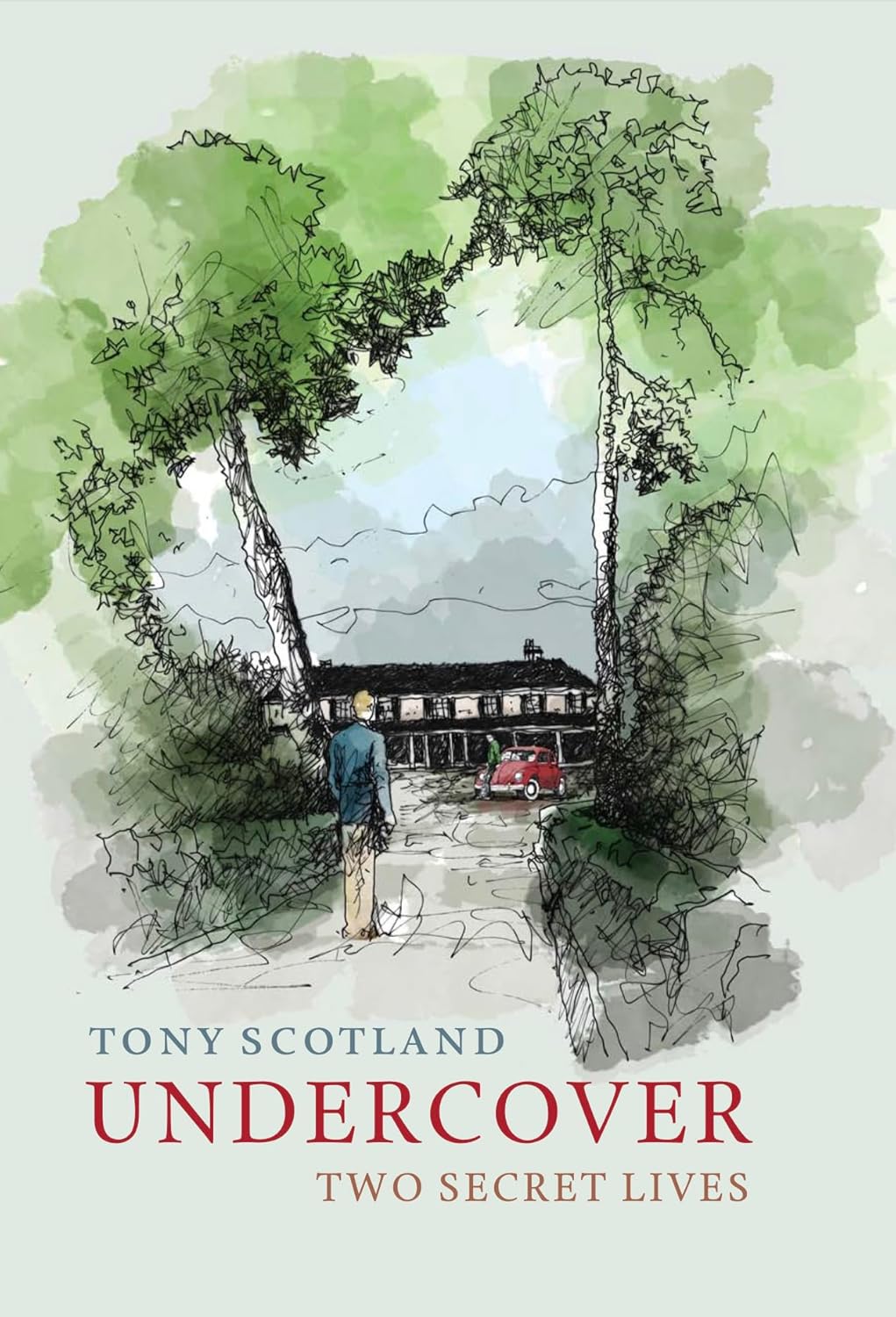
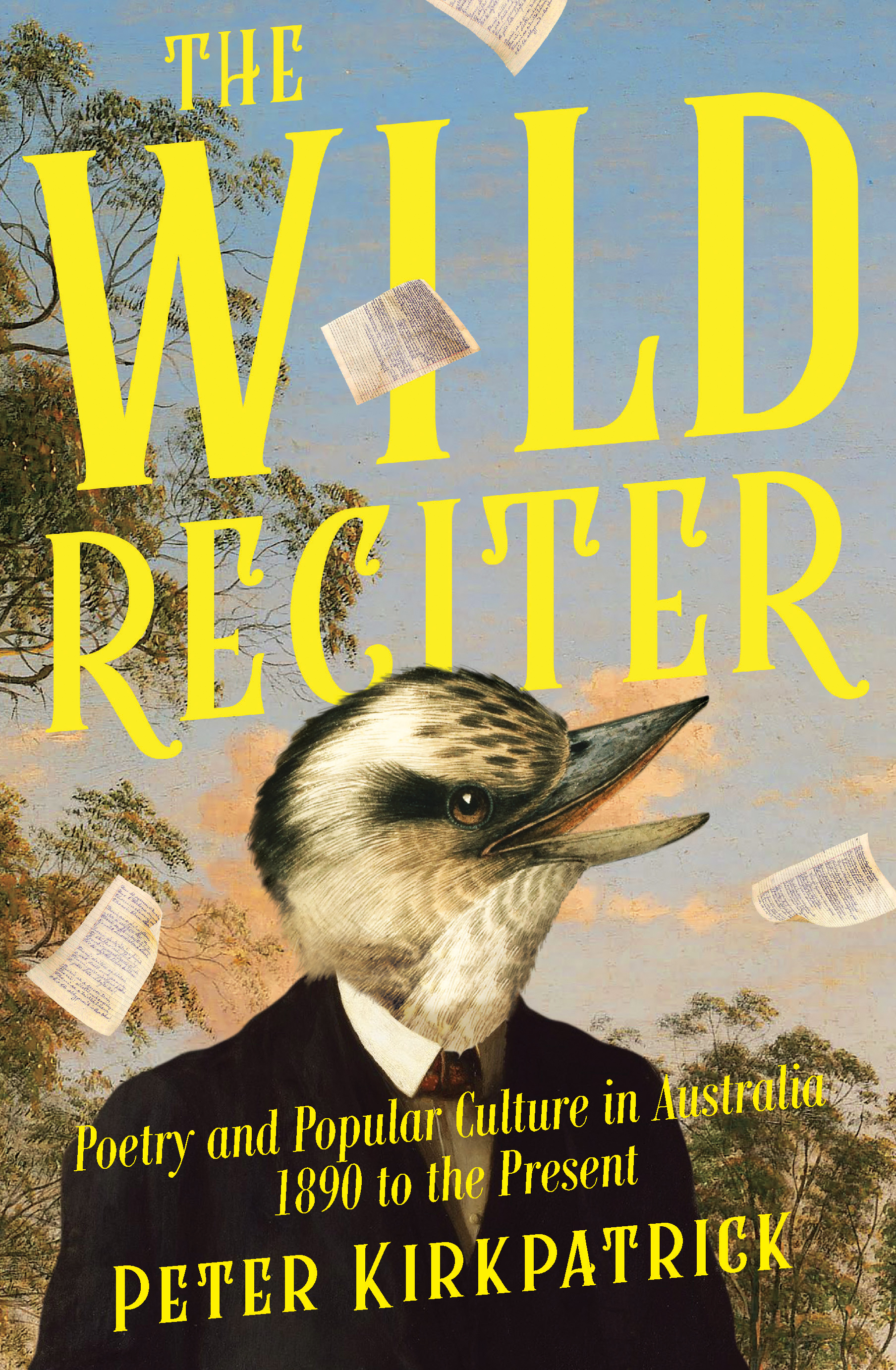
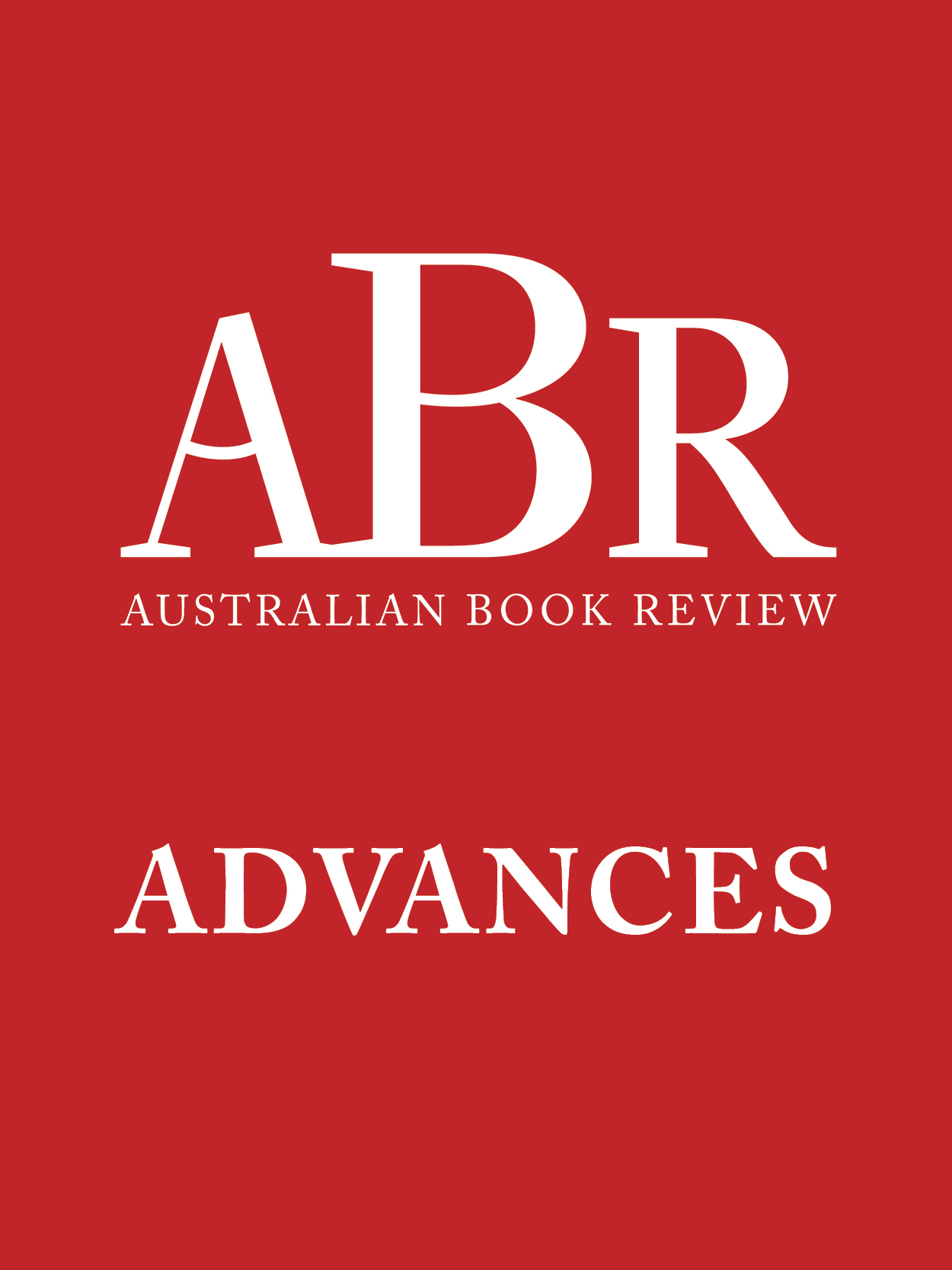
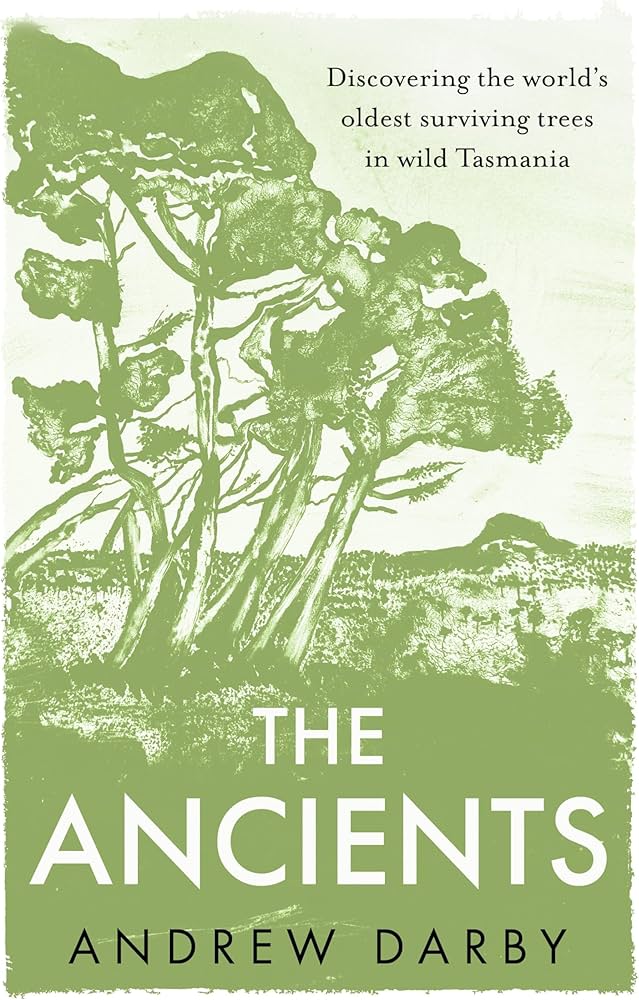
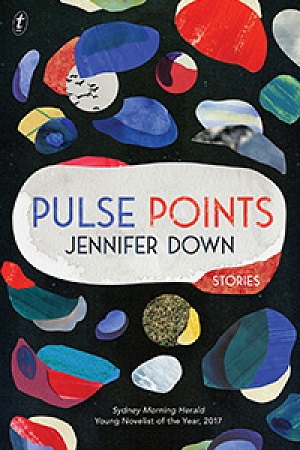
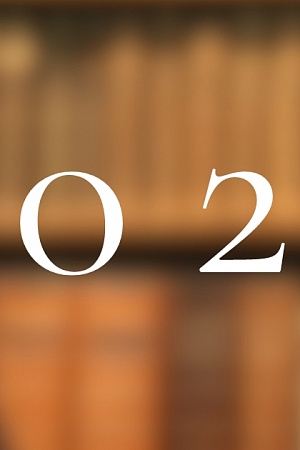
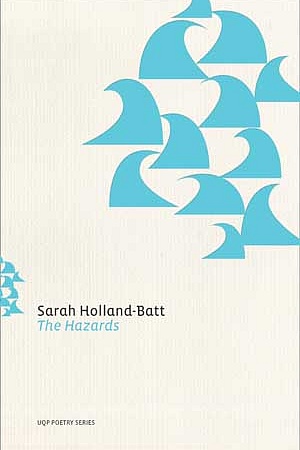
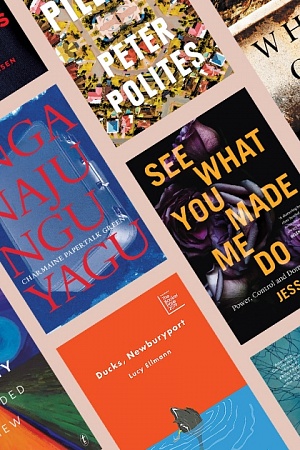




Leave a comment
If you are an ABR subscriber, you will need to sign in to post a comment.
If you have forgotten your sign in details, or if you receive an error message when trying to submit your comment, please email your comment (and the name of the article to which it relates) to ABR Comments. We will review your comment and, subject to approval, we will post it under your name.
Please note that all comments must be approved by ABR and comply with our Terms & Conditions.